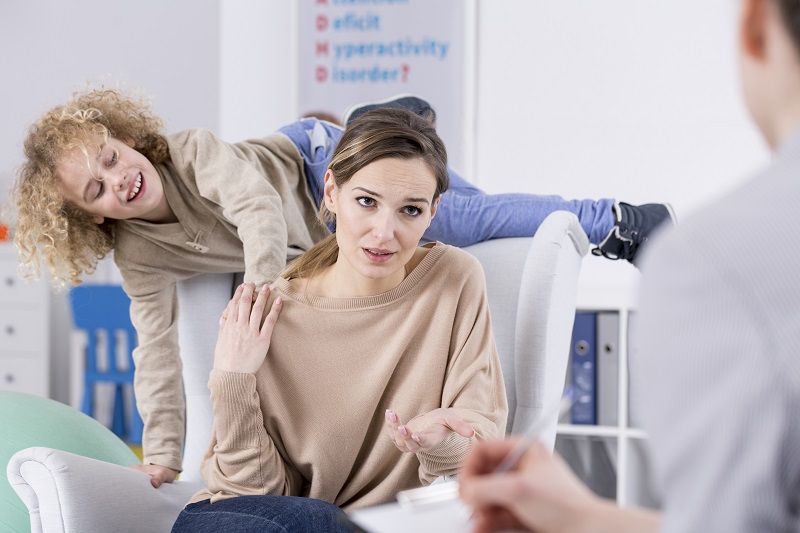All You Need To Know About ADHD Treatments
August 10, 2020Attention deficit hyperactivity disorder (ADHD) affects your behavior and brain functionality. ADHD treatment can help you curb hyperactivity, manage the symptoms, enhance your ability to pay attention, and reduce the impact of the disorder on your daily life activities. Treatments for ADHD are available in behavioral therapies and medications. Often a combination of both is suggested to deal with severe ADHD patients.
 |
| ADHD Treatments |
Medications for ADHD treatment:
Medications have certain side-effects, so it is essential to discuss with your doctor before taking any medicine. If the specialist decides that medication will be the best remedy for your child, then you can proceed with the procedure. Stimulants and non-stimulants are the two major types of ADHD medications.
- Stimulants: The most commonly prescribed medication as an ADHD treatment is a central nervous system stimulant drug. It improves brain functionality by increasing the levels of norepinephrine and dopamine chemicals in your brain. These drugs are known to enhance your child's concentration power. Common stimulants referred for ADHD treatment include dextromethamphetamine, methylphenidate, dextromethylphenidate, and amphetamine stimulants.
- Non-Stimulants: Non-stimulants medications are often prescribed for ADHD treatment when stimulants fail to show results or trigger side-effects in your child's health. Non-stimulants improve your child's memory and concentration by increasing norepinephrine levels in the brain. Non-stimulants like atomoxetine and antidepressants are commonly prescribed medications.
Side-Effects Of Medications
Stimulants produce more strong side-effects than non-stimulants. Common side effects include:
- Dry mouth
- Headaches
- Troubled sleep
- Stomach aches
- Irritability
- Weight loss
- Nervousness
- Decreased appetite
- Dizziness
Often the medications lead to more severe side-effects which are generally few in cases.
- Allergic reaction
- Seizures
- Suicidal thoughts
- Hallucinations
- Mood swings
- Aggression
ADHD therapy treatments
Therapies are a safer option to cure your child of ADHD symptoms.
- Behaviour Therapy: It can channelize your child's behavior in the right direction. Behavior therapy will include parents, children, and their teachers to work together. Healthy behaviors are incorporated into your child's life to help them deal with situations quickly.
- Psychotherapy: Psychotherapy helps your child to be open with their feelings. Your child can develop certain disruptive behaviors due to ADHD.
- ADHD treatment with psychotherapy will help your child to foster better relationships with their peers.
- Often an ADHD child may face issues maintaining a healthy relationship with authoritative people.
- Psychotherapy will make them understand different behavioral patterns.
- Family therapy works at the root cause and helps to develop the right life decisions.
- Support Groups: Support groups can help you make strategies to incorporate healthy behaviors in your child's life. Parents are relieved when they find more people around them with similar issues. Doctors can recommend you support groups in your locality.
- Social Skills Development: Children with ADHD often have issues developing social relationships. Training them with social skills can help them to develop relationships with others. Social skills training is required to teach your child appropriate social behaviors.
- Training Parents: Parenting skills training are one of the best ways of ADHD treatment. It will help you understand and control the behavior of your child.
- Parents can incorporate a reward system for good behaviors.
- Pull your child out when the situation gets too unruly or stressful. Use timeout techniques to help your child deal with situations better.
- Give them more family time and appreciate their little efforts.
- Acknowledgment their small successes and slowly lead them to greater heights.
- Use meditations and other exercises to calm their mind.
 |
| ADHD Treatments |
Proper ADHD treatment will include a combination of different therapies and medications. A better school and home environment will also help to ease their symptoms. Consult your doctor to help your child get better by curbing their symptoms.



0 comments